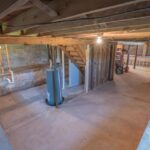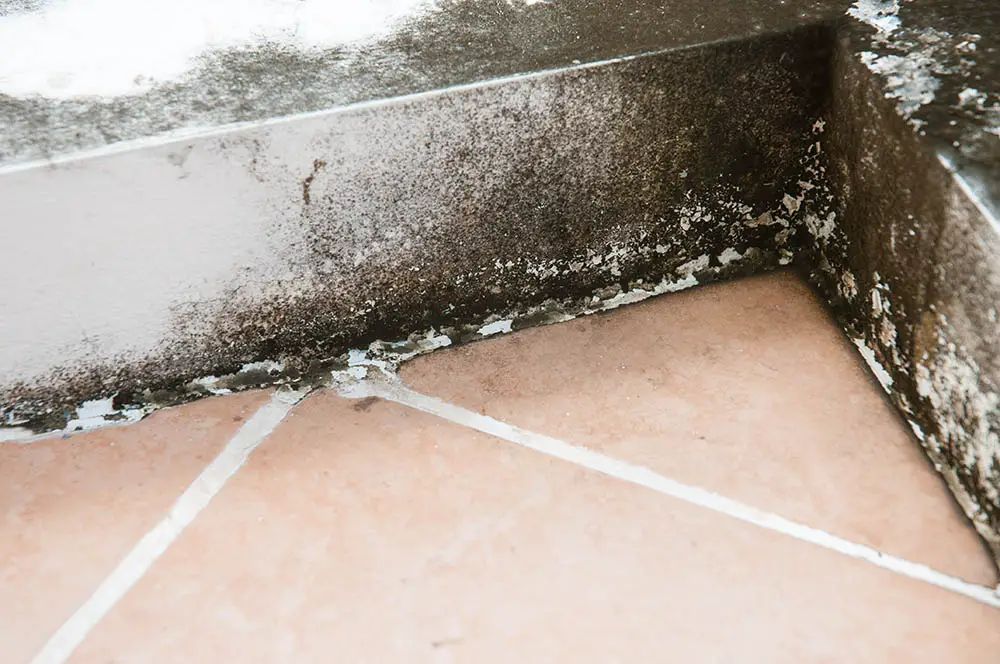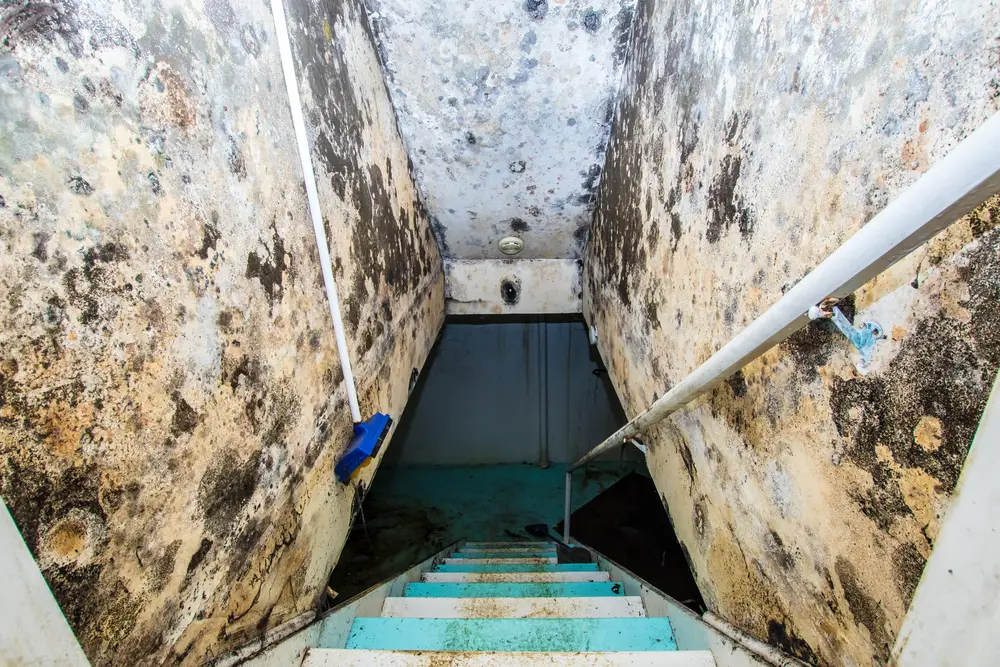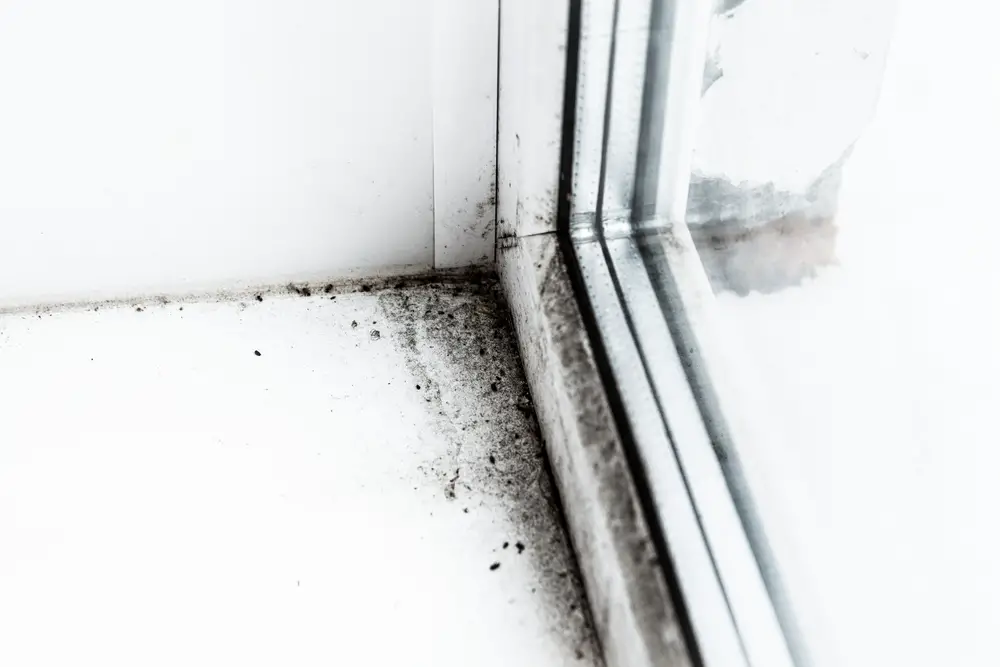Discovering mold in your basement is a common occurrence for many homeowners. Whether it’s a small patch or a more extensive spread, some questions may weigh on your mind like: Will the mold go away on its own? Will it damage your walls? Or does the Mold in the basement affect the upstairs? In this post lets try to answer these questions and discuss.
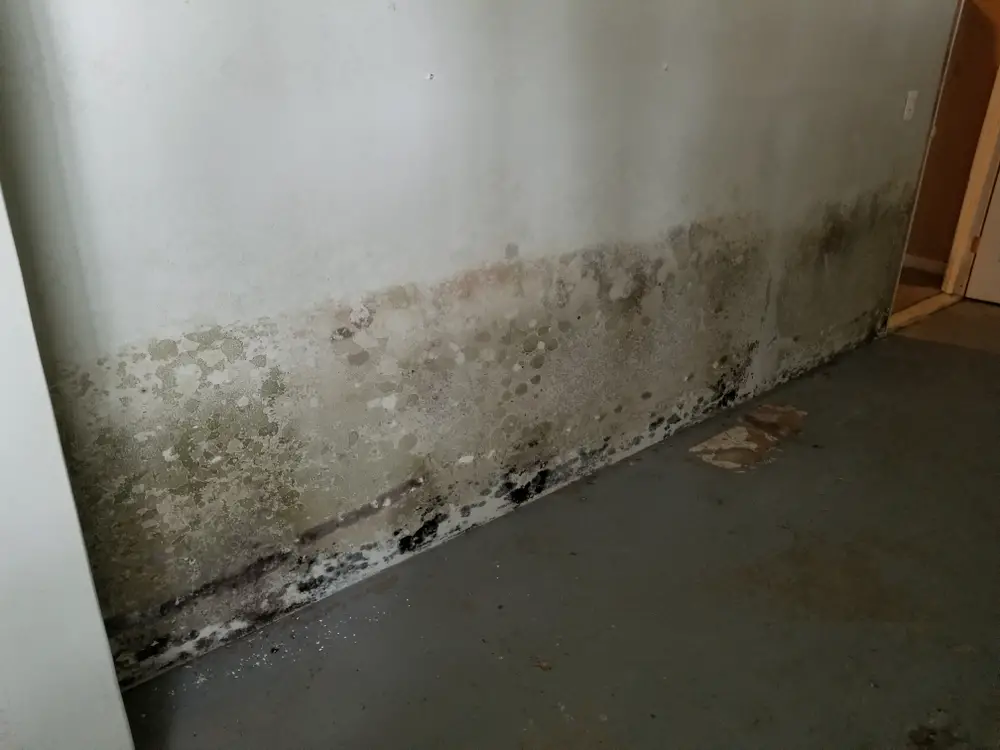
Often, if mold has proliferated unnoticed, it’s because the basement isn’t frequently utilized. You might be inclined to think of it as a localized issue confined to the basement. However, understanding the potential impact of basement mold on your entire home is crucial. The presence of mold in the basement can have far-reaching consequences, affecting not only the structural integrity of your home but also posing risks to your health and that of your family.
Does Mold in the Basement Affect the Upstairs?
Indeed, the impact of basement mold extends beyond its immediate confines and infiltrates the upper levels of your home. Mold spores possess the ability to traverse through the air, contaminating the overall air supply. Simply opening your basement door becomes a conduit for mold to disseminate throughout the entire house.
However, sealing off the basement isn’t a viable solution; in fact, it exacerbates the issue. A closed-off basement creates an environment conducive to mold growth, with undisturbed dust serving as its nourishment and lingering moisture as its breeding ground. Upon inevitably reopening the door, a mass of mold spores is reintroduced into the main living spaces.
It’s important to recognize that mold spores don’t limit their journey to the air; they can also adhere to clothing, hair, and skin. Infrequent visits to the basement still result in the collection of mold spores, and as you traverse back through the house, you unwittingly deposit these spores.
Moreover, any mold present in the basement can latch onto items stored there. If your basement serves as a storage space, items brought out may carry mold with them. Even if the mold isn’t directly on the items, it could be clinging to the cardboard boxes or other surfaces. The distribution of mold from the basement to other areas of the house can occur in unexpected ways. The stack effect, a phenomenon where air moves vertically through a building, contributes to the movement of mold even if the basement door remains sealed.
What is The Stack Effect?
The stack effect refers to the way air travels through your home. Hot air rises, so as the air warms it travels up and through the house, before eventually leaving via the roof.
As the old air leaves, new air rises up to fill the space left behind. Air circulation should be good for the house, as it regulates temperature, and removes impurities.
However, in a house already infected with mold, as the air travels up the mold travels with it. When old air circulates out of the house, it’s replaced with the new, rising air from the basement. This is the air that’s contaminated with mold spores. As it rises, the mold will rise as well.
So, even if you know you never have to open the door to the basement, the air, and with it the mold, escapes anyway.
Should I Worry About Mold in the Basement?
If you have mold in the basement you should remove it. For small stains mold can be removed relatively quickly with water and dish soap. For large areas of growth, you should contact professional services.
As long as you deal with it quickly, you don’t need to start panicking. However, mold can cause health conditions, or exacerbate pre-existing conditions.
If you have mold in your basement it’s a sign of poor ventilation, and possibly water leaks. These are problems that need to be fixed, as they’re unlikely to be only affecting the basement. If there’s mold in your basement it’s possible for mold to be growing elsewhere in your house.
A rarely visited basement is generally used for storage. If you keep important documents, old furniture, or precious keepsakes in a moldy basement, they can become damaged.
It may seem like leaving the mold alone isn’t causing any harm, but down the line you’ll find things you thought were kept safe have become infected.
By solving the mold problem when it first appears, you’re saving yourself from a much harder task in the future.
Can Mold in One Room Affect the Whole House?
Yes, mold in one room can affect the whole house. Mold can travel through the air, and the air doesn’t stay still in one room.
If you find mold in one room it’s possible for it to travel into other rooms, and grow there as well.
Mold spores are also able to attach to clothing. As you move from room to room, you may be bringing mold with you.

